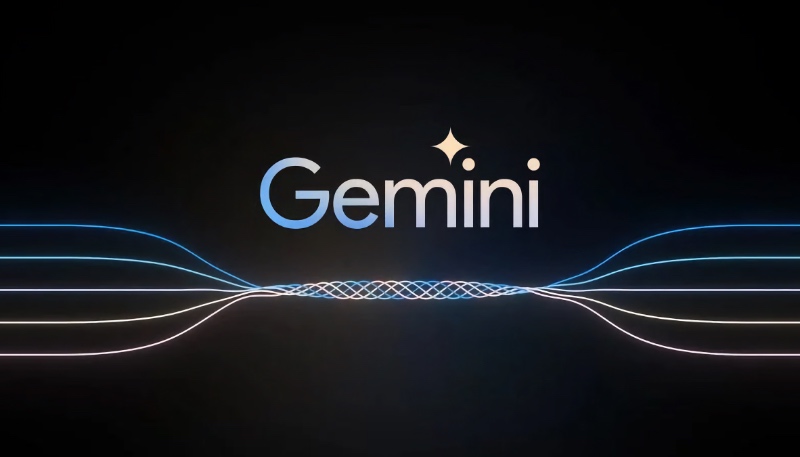Bloomberg‘s Mark Gurman says Apple is currently in discussions with Google to integrate its engine into iOS 18 on the iPhone. Gurman says the ever-popular “people familiar with the situation” tell him the companies are in “active negotiations” to allow Apple to license Google’s Gemini AI engine generative large-language models to power new AI features in iOS 18.
“The two parties haven’t decided the terms or branding of an AI agreement or finalized how it would be implemented,” say the report’s sources.
The two companies are in active negotiations to let Apple license Gemini, Google’s set of generative AI models, to power some new features coming to the iPhone software this year, said the people, who asked not to be identified because the deliberations are private. Apple also recently held discussions with OpenAI and has considered using its model, according to the people.
Apple is widely rumored to be working on new AI capabilities for its upcoming iPhone operating system. Gurman says Apple is placing its focus on AI features that can operate solely on-device, requiring no internet connection.
Apple is said to be seeking an AI partner that has the necessary large-scale hardware infrastructure and compute capabilities already in place.
As previously reported by Gurman, Apple has been internally testing an “Apple GPT” rival that could rival OpenAI’s ChatGPT. Gurman says his sources tell him that the iPhone maker has developed an “Ajax” framework for large language models like ChatGPT, Microsoft’s Bing, and Google’s Bard. The company has also developed its own internal chatbot that some engineers refer to as “Apple GPT,” which is a play on ChatGPT. However, Gurman says Apple does not yet have a “clear strategy” for creating a product for consumers.
While Apple is searching for an AI partner, Google is likely looking to make up any revenue losses it might face as a result of the regulatory pressure facing the two companies’ existing search partnership.
Google annually pays Apple billions of dollars for several years to remain the default search engine in the Safari browser on Apple devices. However, the existing deal is facing regulatory scrutiny from the U.S. Department of Justice and the European Commission.


